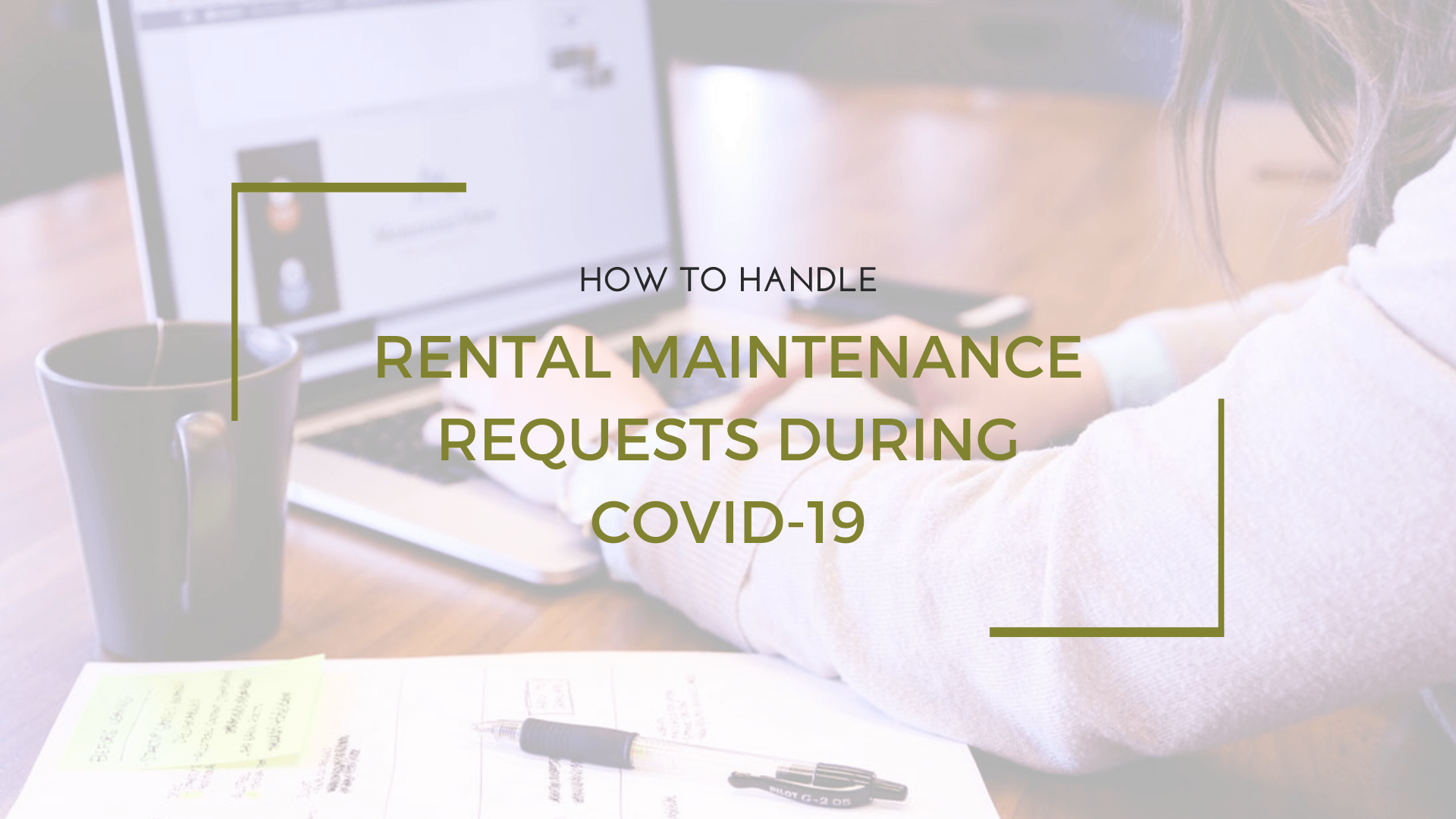We would be happy to help you with all your Weston property management needs, especially during this unusual period. Please contact us at Florida Property Management Services.
How to Handle Weston Rental Maintenance Requests During COVID-19

The COVID-19 crisis never went away as quickly as we had hoped, and even now while vaccines are available, it’s going to take some time to get back to “normal.” Landlords and property managers in Weston have to be creative in the way homes are leased, managed, and maintained.
Deferred maintenance is always terrible for your investment property. It leads to more expensive repairs and the deterioration of your property. It’s important to work with your residents and your vendors to ensure routine and
preventative maintenance continues at your property, in a way that’s safe and respectful of your tenants.
If you’re wondering how to handle maintenance calls during this pandemic, we have a few tips for you.
Work with Tenants to Avoid Unreported Maintenance
Your tenants may hesitate before reporting a minor maintenance issue, especially if they’re nervous about people coming into their home.
That’s not what you want.
You always want to know that there’s a problem, even if it’s minor and even if you won’t respond to it right away. Talk to your tenants and educate them on the importance of reporting repair needs right away, even if it’s nothing urgent. You want to hear about problems as soon as they’re discovered.
Empathize with their hesitation if they don’t want to open their doors to maintenance personnel. Explain the safety measures that are taken when you do send workers over to the home. Ask them to report the problems even if an immediate solution is not required. This will give you a documented list of things that need to be done. You can then prioritize them and measure the safety of your residents and your maintenance crew against the maintenance needs of your investment property.
Implement Extra Safety Precautions
You’ll want to continue responding to maintenance. When there’s a leak, a problem with the water heater, electrical problems, or air conditioning issues, you’ll want to get a vendor out there as soon as possible.
Maintenance work can be done safely, especially when you and your team of vendors and contractors are willing to follow a few extra safety features. Some of the most common measures include:
Suggesting that the tenants not to be at home when the repair is made.- Requiring masks and gloves to be worn whenever possible by your maintenance team.
- Instructing your maintenance contractors or vendors to provide extra cleaning on any surfaces that were touched during the repair.
- Taking extra pictures and notes to document who was in the property, what was done, and what the end result looked like.
If tenants are unable to leave during the repair, make sure they understand the requirements of social distancing and advise them to wash hands and clean thoroughly before and after the maintenance vendor is in the property.
Communicate Openly with Residents about Expectations and Limitations
Let your tenants know that you care about their safety and health. Talk to them about the types of repair requests that will be responded to right away and which will have to wait. Your good residents will understand the unique circumstances we’re all dealing with right now, and they won’t be too upset if a cosmetic repair can’t be made right away.
When you and your tenants and your maintenance providers work together, it’s not terribly hard to continue making repairs that are necessary and important to both the condition of your investment property and your tenant retention goals.














